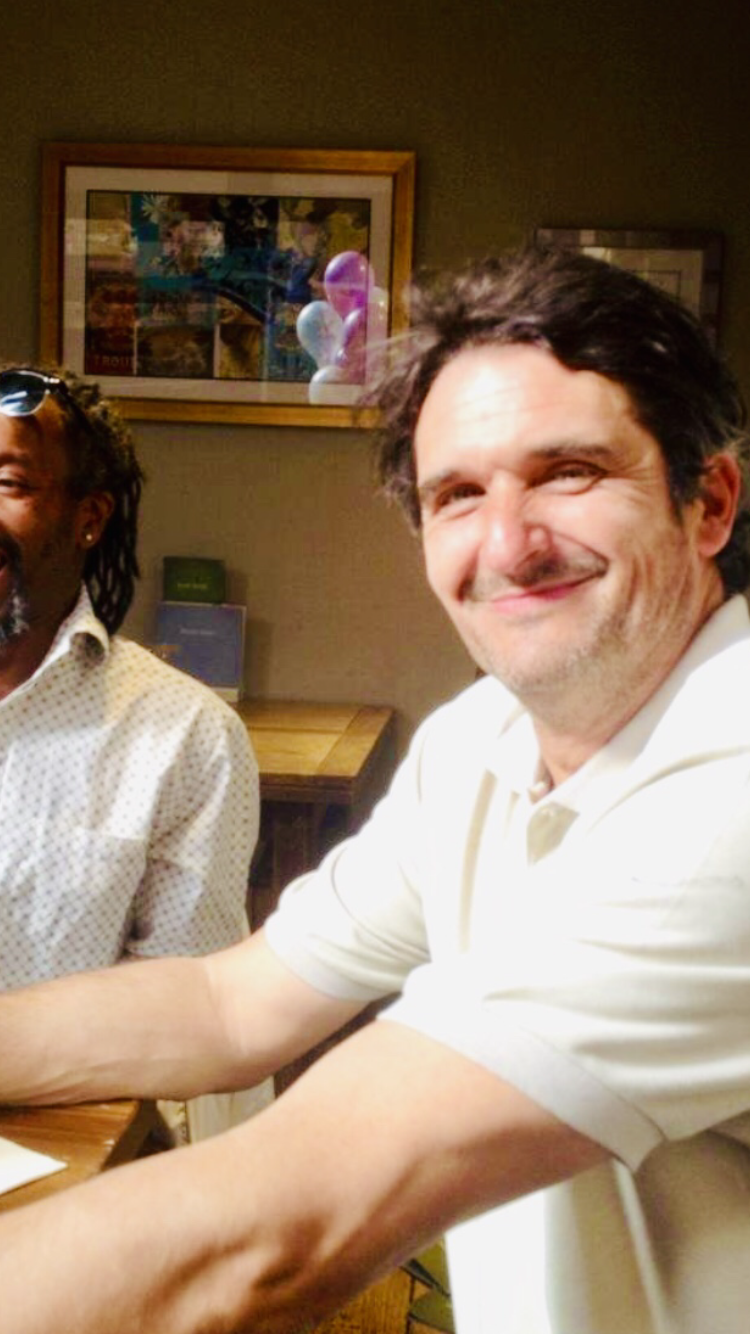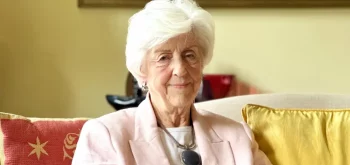Court seven in the Royal Courts of Justice played host to the latest act in David Reece’s fight to overturn his conviction for conspiracy to import and supply Class A drugs. Found guilty in March 2018 for his alleged role in trafficking cocaine and heroin worth over £65 million, Reece is currently serving a 19-year prison sentence. On Friday afternoon the Court of Appeal dismissed his appeal.
Reece was one of eight men convicted after police discovered 58kgs of cocaine and 83kgs of heroin hidden in the back of a lorry at King George Dock, Hull, in 2017 (see here). The jury deliberated for 37 hours before finding Reece guilty by a majority verdict of 10-2. All the while Reece and his family have protested his innocence, denying all involvement and knowledge of the drugs.
Reece’s was taken up the legal charity Inside Justice. After the hearing chief exec Louise Shorter commented: ‘We disagree with the decision, of course. I hope we will regroup, take a long hard look at the case as a whole and decide if there is anything else at all that we can investigate which might help David avoid spending the next decade, or more, in prison.’
The Reece family, present in court on Friday, expressed their dismay and disillusion at the outcome of the hearing, shaking their heads at the judgment and vowing to continue the fight to clear David’s name.
The ground of appeal argued before the Appeal judges centred on the assertion the trial judge had erred in his summing up. During the course of the original trial the prosecution applied to introduce evidence of Reece’s previous conviction for drug importation offences in Belgium in 2011.
The prosecution argued the similarity of the two offences demonstrated Reece had a propensity to commit crimes of this nature. However, Reece argued that despite pleading guilty to the Belgian offences he did not know of the existence of the drugs until they were discovered by Belgian customs officers. Mark Harries QC submitted that the trial judge’s handling of this matter was deficient when directing the jury.
At trial the judge had not invited the jury to consider that if Reece was unaware of the existence of the drugs in the Belgian case then the prosecution would not be able to demonstrate he had a propensity to commit such crimes. In the absence of such an instruction to the jury, Harries asserted Reece’s conviction must be unsafe as this evidence of bad character tainted his whole credibility.
Delivering the judgment of the whole court, Lord Justice Singh rejected this argument, dismissing the appeal. The court ruled that in the absence of further evidence Reece’s claim to lack knowledge of the drugs, and his acceptance of the Belgian conviction, did not require any specific instructions to the jury.
Furthermore, Lord Justice Singh intimated that even if the Court had been minded to accept that the judge erred in his summing up in relation to the Belgian case, they would have nevertheless affirmed the safety of the conviction on the basis of the prosecution’s circumstantial case against Reece.







